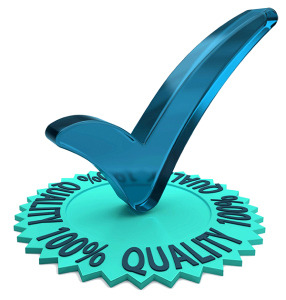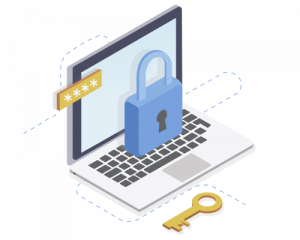Ensuring Translation Quality
We are committed to providing the highest translation quality through all our medical translation and localization solutions in 250+ languages
Translation Quality in the Life Sciences
Translation quality is the prime determinant when selecting a language service partner (LSP) for your life science projects. There are multiple factors to consider when you are in the process of translating documentation, such as price, quality, timeliness, and more. The life science and medical industry is quite unique as one of these factors, quality, far outweighs the rest in terms of its importance. This is because in the life sciences and healthcare fields, a simple mistake can cost people more than just money – it can cost lives. CSOFT Health Sciences’ global team of over 10,000 linguists, subject matter experts, in-country reviewers, and software engineers is dedicated to providing highly accurate medical translation with certified quality in the life sciences.
Our Metrics for Translation Quality
There is no one verifiable way to ensure translation quality throughout the medical translation and localization process, but there are general guidelines that can help you on your way to producing a good quality translation:
Using In-Country Reviewers
The in-country review step is crucial in the medical translation process. Having the translation reviewed by people that speak the language in the target market throughout the process can also help to identify and eradicate any mistakes while the project is still ongoing, ensuring faster market entry. CSOFT Health Sciences as a translation vendor is more than happy to provide in-country review for your life science projects to save you time in the long run.
Providing Previous Translations and Style Guides
Companies often have a very specific guidelines for how their material should be formatted or how certain translations are rendered for particular phrases, and communicating these requests to the translation company is essential for timely translations.
Through effective communication, and providing a company’s style guide prior to the translation, this situation can be avoided. Failing to use a style guide can result in translations being inconsistent in relation to previous translations – on a website, for example, there might be a differing translation for a term that appears on multiple pages across the site, which can hurt brand image and risk miscommunications with patients. Even more common, though, is translation companies misunderstanding the style in which a company wants the translation, leading to delays.
CSOFT Health Sciences works with companies to leverage previous style guides or will work with your enterprise to create one to ensure accurate and timely translations.
Using Language Service Providers (LSPs) with the Correct Certifications
There are various certifications that translation companies can obtain in order to ensure that they consistently deliver translation quality. By choosing an LSP that has the correct certifications, you can greatly reduce the risk of ending up with a low-quality translation. One such certification, the ISO:9001 for example, is the world’s most widely recognized international quality management standard. If an LSP is ISO:9001 certified, you can be sure that they will deliver translation quality to the highest standard. When it comes to translating life science and medical documentation, there are also certifications that relate to each specific field. If you wanted to translate documentation relating to medical devices, for example, you should look out for an LSP that is ISO:13485 certified.
CSOFT Health Sciences is certified in ISO 17100:2015, ISO 9001:2015, and ISO 13485:2016 to ensure our customized solutions meet global life science regulatory and translation quality requirements.
Communicating and Building Throughout the Translation Process
Translation jobs, by their nature, often take place across multiple time zones and cultures, and require coordination across clients, project managers, linguists, engineers, and more. This can sometimes lead to confusion or issues arising during the translation process without effective communication standards.
By assigning one point of contact from the LSP, and communicating regularly with your LSP, you can vastly reduce the chance of problems occurring throughout the process.
It is also important to work towards a long-term relationship with your provider and singular points of contact often help build trust. The more familiar the LSP becomes with your style of content through successful translation projects, the more consistent and culturally accurate the medical translations will be.
Quality Assurance
CSOFT Health Sciences has developed a process for quality assurance to ensure that every medical translation project meets quality standards in a cost-effective and timely manner. We are certified in ISO 17100:2015, ISO 9001:2015, and ISO 13485:2016 to ensure our customized solutions meet global regulatory requirements. Our subject matter expert linguists have at least seven years of experience and work with in-country reviewers and project style guides to meet industry standards. CSOFT offers an online translation management ecosystem for one central location to leverage real-time translation memory and terminology management through our innovative cloud-based technology. Every step of the way, CSOFT has you covered.
Learn more about our quality assurance process.
Data Security
With over 20 years of experience in medical translation, CSOFT Health Sciences understands the importance of data security to our clients, and we take nothing for granted when confidentiality is a concern. Our well-documented and fully traceable information data security policies, checklists, and quality records leverage the best practices of ISO 27001. They are designed to protect everything from source data to translations. From our 24/7/365 data monitoring and advanced encryption to our access control measures, you can be sure that your project data is safe from start to finish.
Learn more about how CSOFT prioritizes data security.

